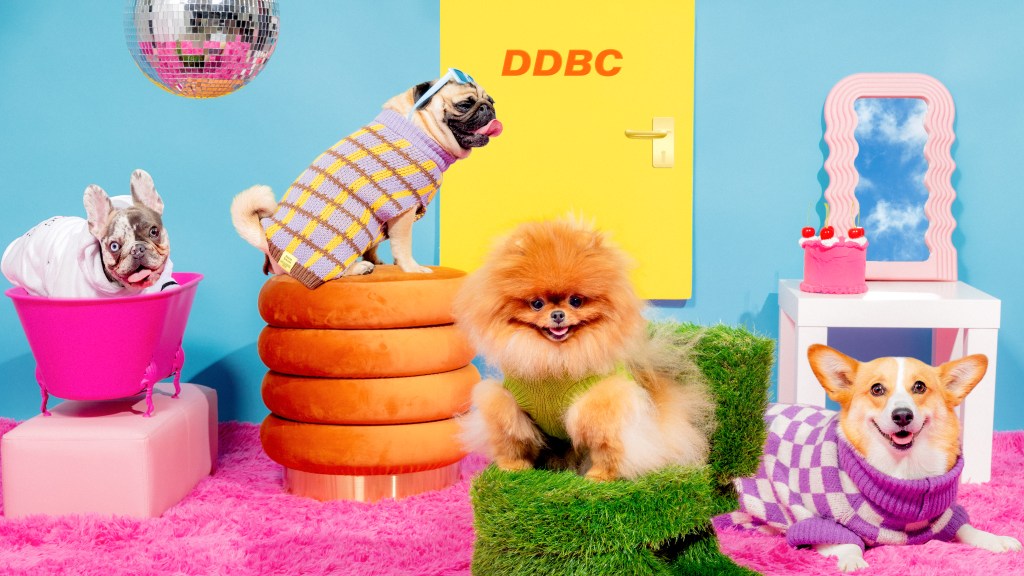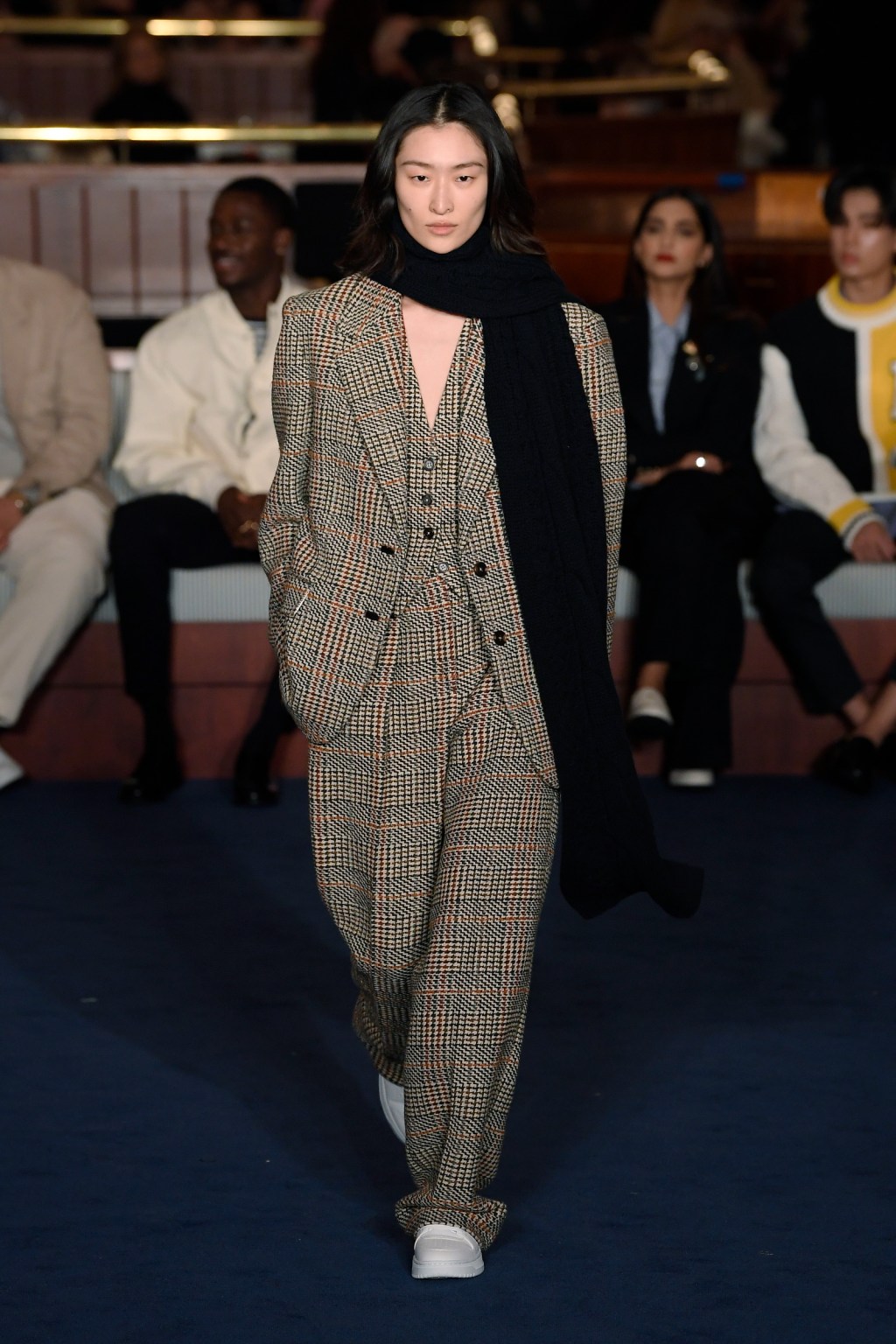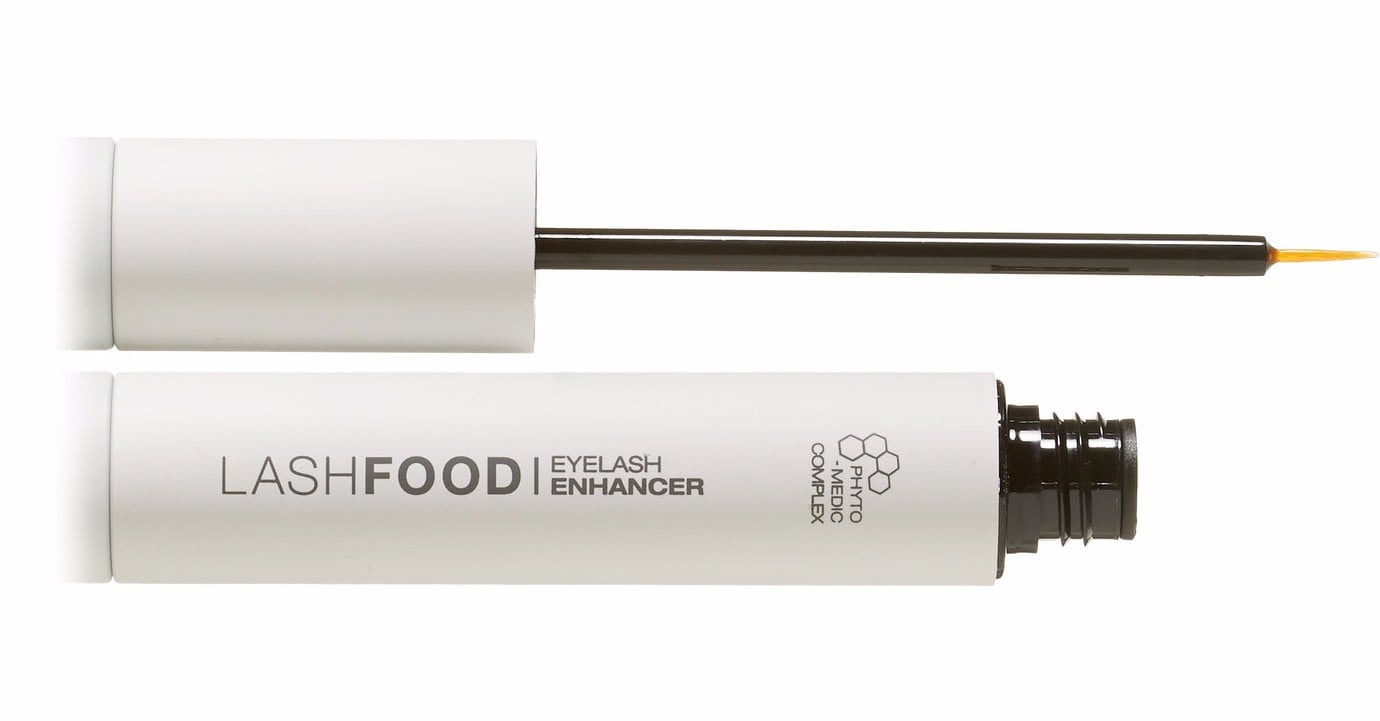Pets? They’re just like us.
While human wellness has been booming, pet self care is also having a moment. Now, supplements, topicals and functional clothing and tools for pets are gaining traction, according to experts.
The market of health-conscious pet parents, most notably Gen Zers and Millennials, has grown rapidly in recent years. According to the American Veterinary Medical Association, the amount of households with at least one dog increased from 38 percent in 2016 to 45 percent in 2020 through 2022.
Although furry friends aren’t a new concept, the way they are cared for has evolved.
Related Articles
“Pet owners love their pets just like their family and in some cases like they are literally their children,” said Jennifer Kovacs, vice president of design, collaborations and omni experience at Petco.
Since pets are the new children, owners are shopping for them in similar ways — looking for sustainable packaging, fun marketing, clean ingredients and benefit-driven products.
“The pet industry is a little sketchy. There’s not much regulation,” said Jessica Teicher, chief executive officer of vet-formulated grooming brand Dirty Dog Beauty Club. “The thoughtfulness [of] ingredients is not where it is within the beauty industry.”
Dirty Dog Beauty Club is taking cues from wellness and beauty with expert-backed formulas that include natural, recognizable ingredients like aloe vera to soothe the skin and coconut oil to moisturize fur. Cofounder Natalie Mackey took inspiration from her other cosmetics and skin care company Winky Lux to create Dirty Dog Beauty Club’s colorful branding.
For its part, Native Pet, which is available at Petco and Target, has harnessed the growing power of the supplement category and brought it to man’s best friend. The company’s stock keeping units include products geared toward allergies and digestive issues, in a variety of formats including oils, powders and chews.
“Personalization has become a macro trend in the pet category,” said Native Pet cofounder Daniel Schaefer. “There’s too much complexity in the space to make a personalized kibble and that’s where supplements come in.”
Within the supplement space, brands like Wag Well, which recently launched with oils and chews, are highlighting hero ingredients to promote products. For example, Wag Well uses ahiflower for skin, joint and coat health.
“We’ve been trained to look at ingredient panels and be discerning about marketing messaging,” said Wag Well cofounder and CEO William Smolen. “We’re now pushing that toward pets.”
Kovacs says to expect “more palatable” supplement formats like those from Wag Well and Native Pet to continue gaining traction.
Although grooming and supplements have seen the biggest upswing and dog care seems to be dominating the market, other areas are expected to grow. Kovacs pointed to beds infused with lavender for a calming effect, beds for different cat’s sleeping styles, tighter apparel that soothes anxious pets and food and water bowls that keep contents cool.
“Throughout every single category that we offer there is a health and wellness component,” she said. “That’s been the biggest change over the years: the speed at which it’s grown and the categories in which it covers.”
As overall wellness continues to boom, experts say the pet care market will follow suit.
“We’re always going to look at what’s happening in the human world, not just from what the thing does, but how it’s administered, how it works, what it looks like,” Kovacs said. “We’ll always continue to evolve with that.”



